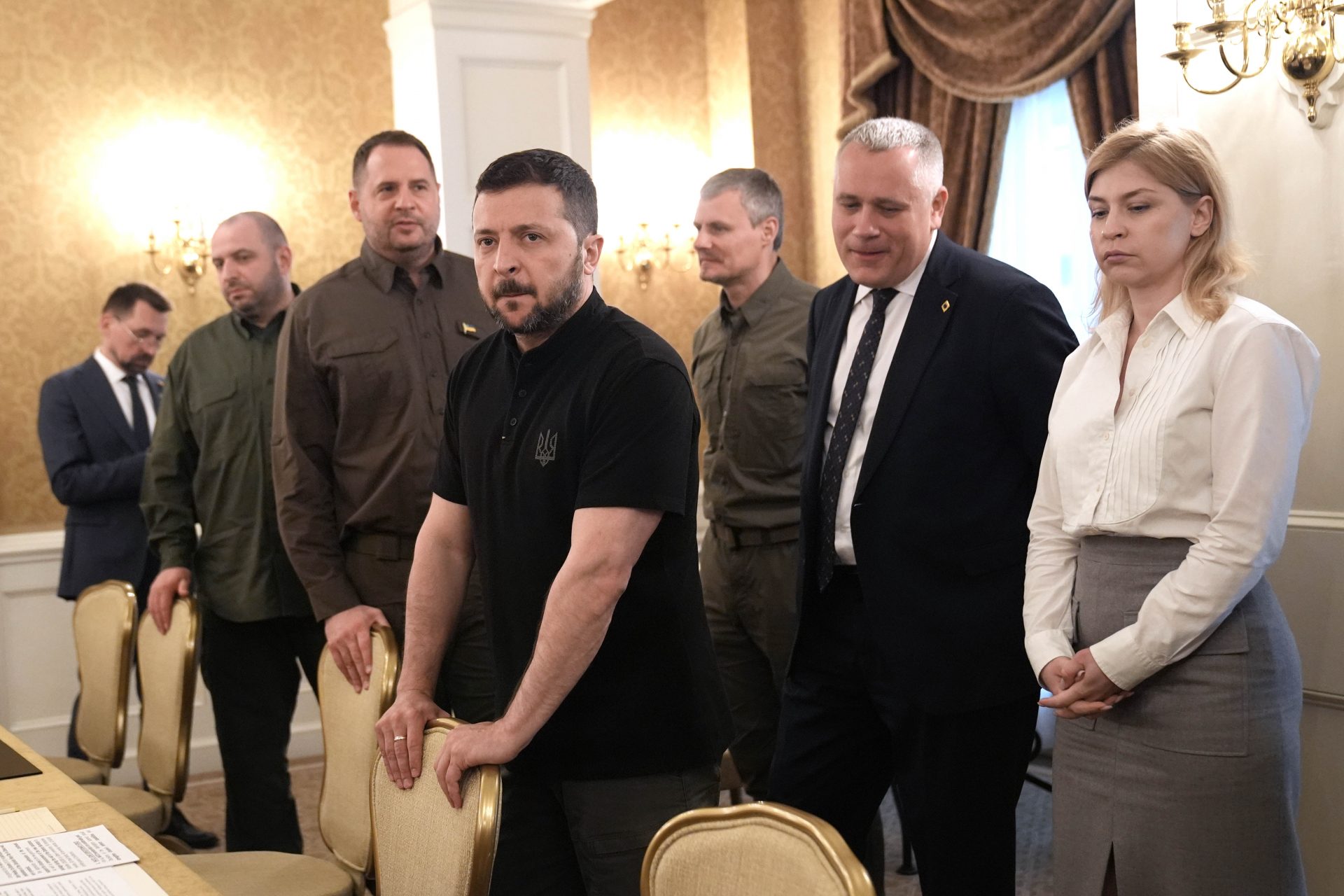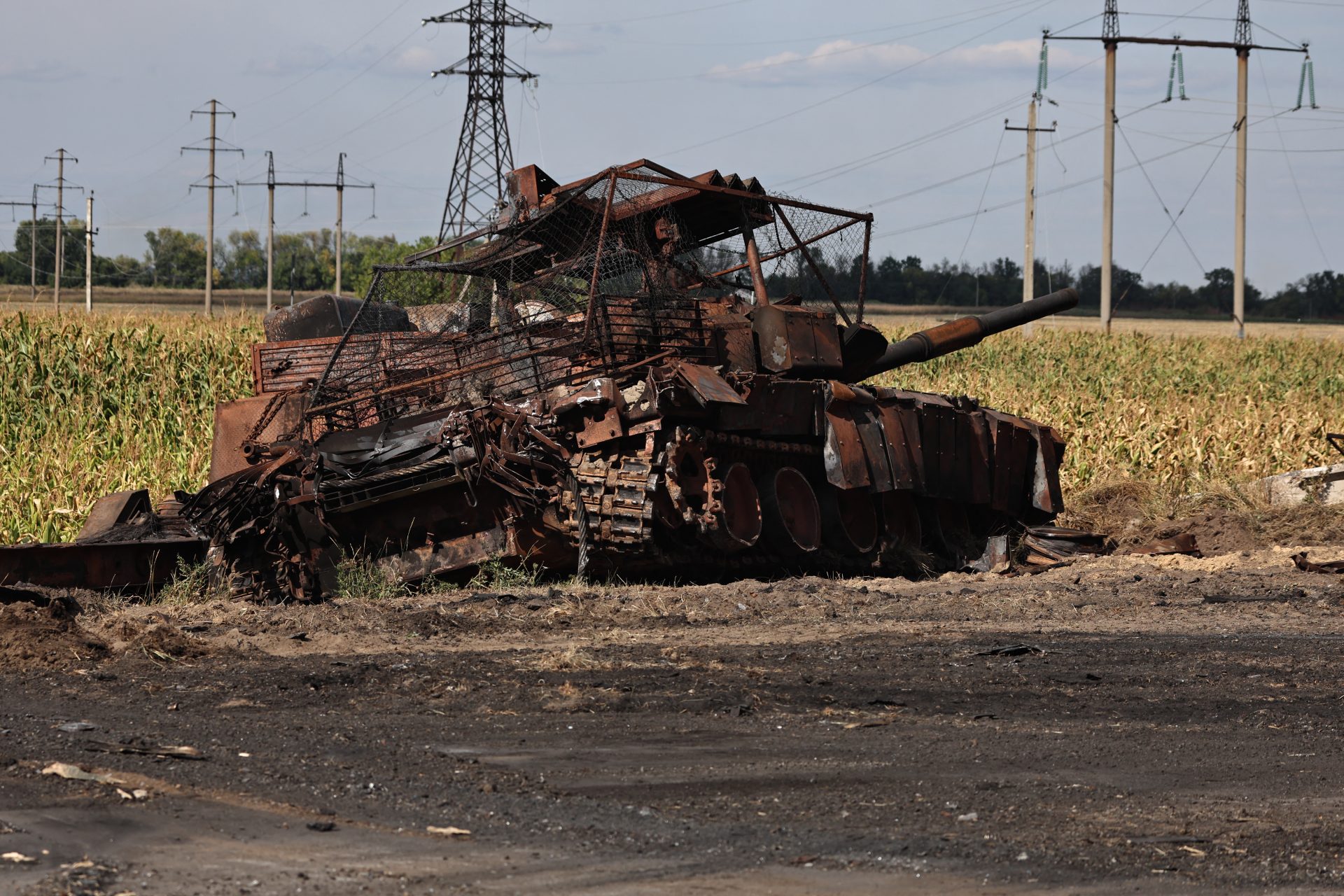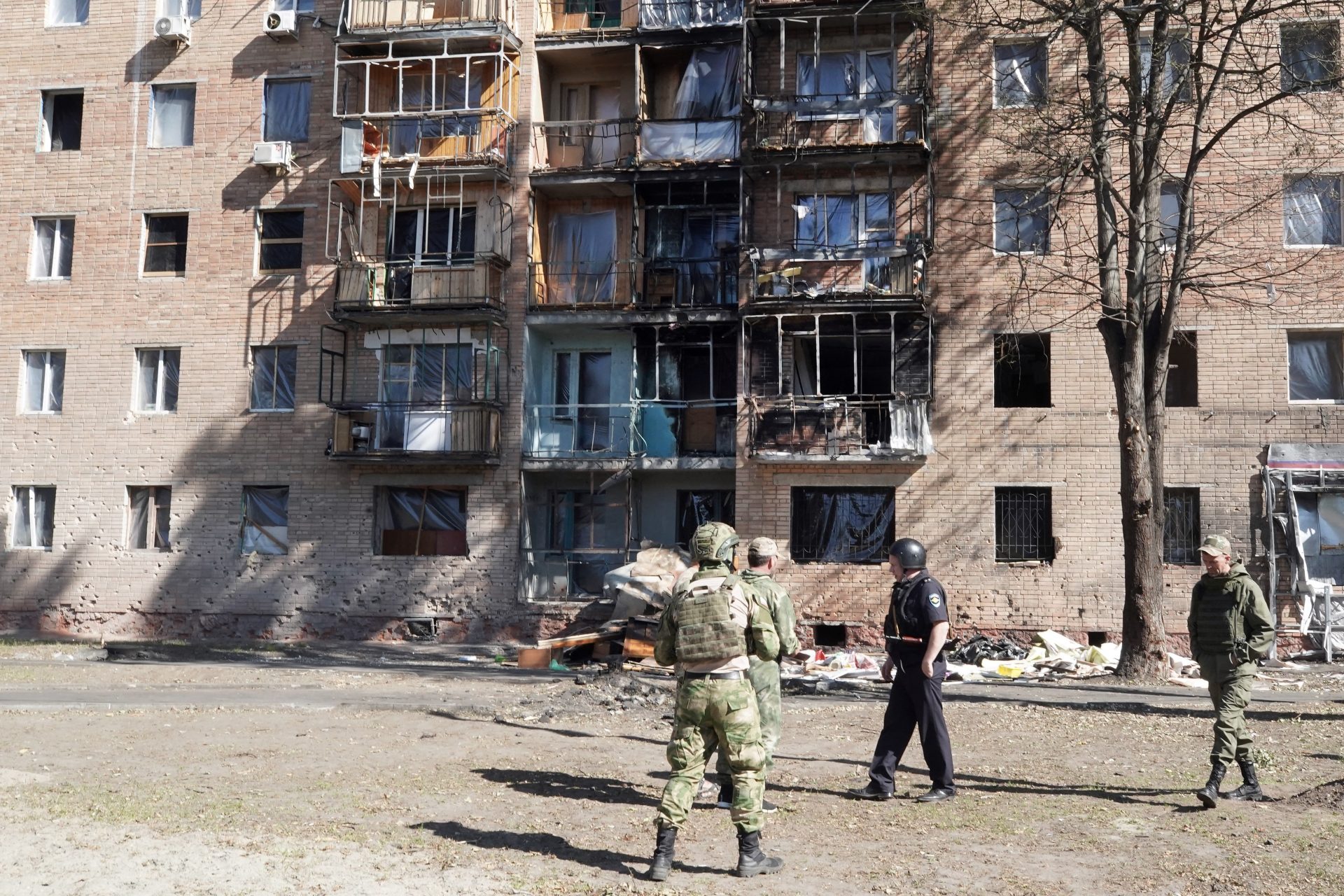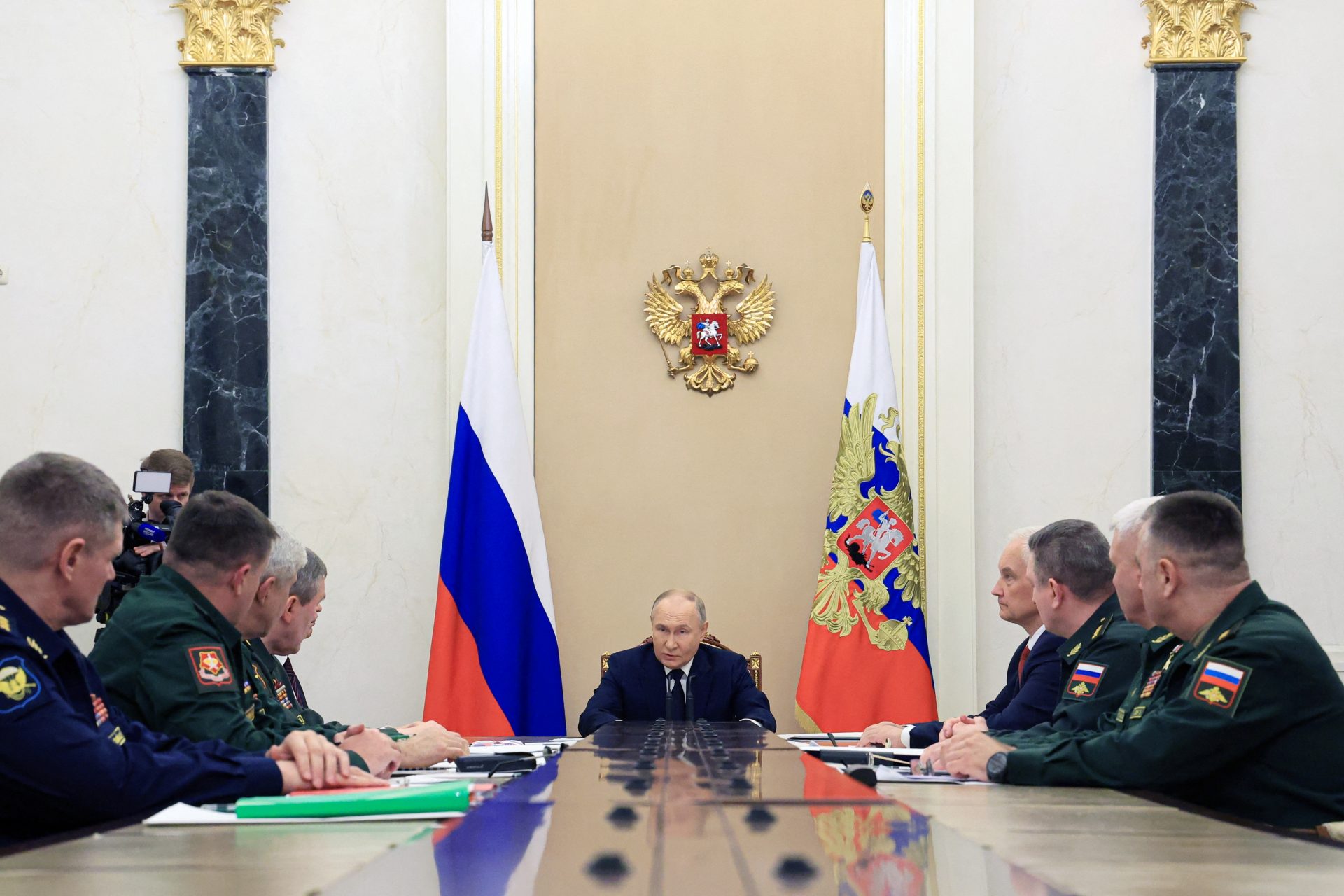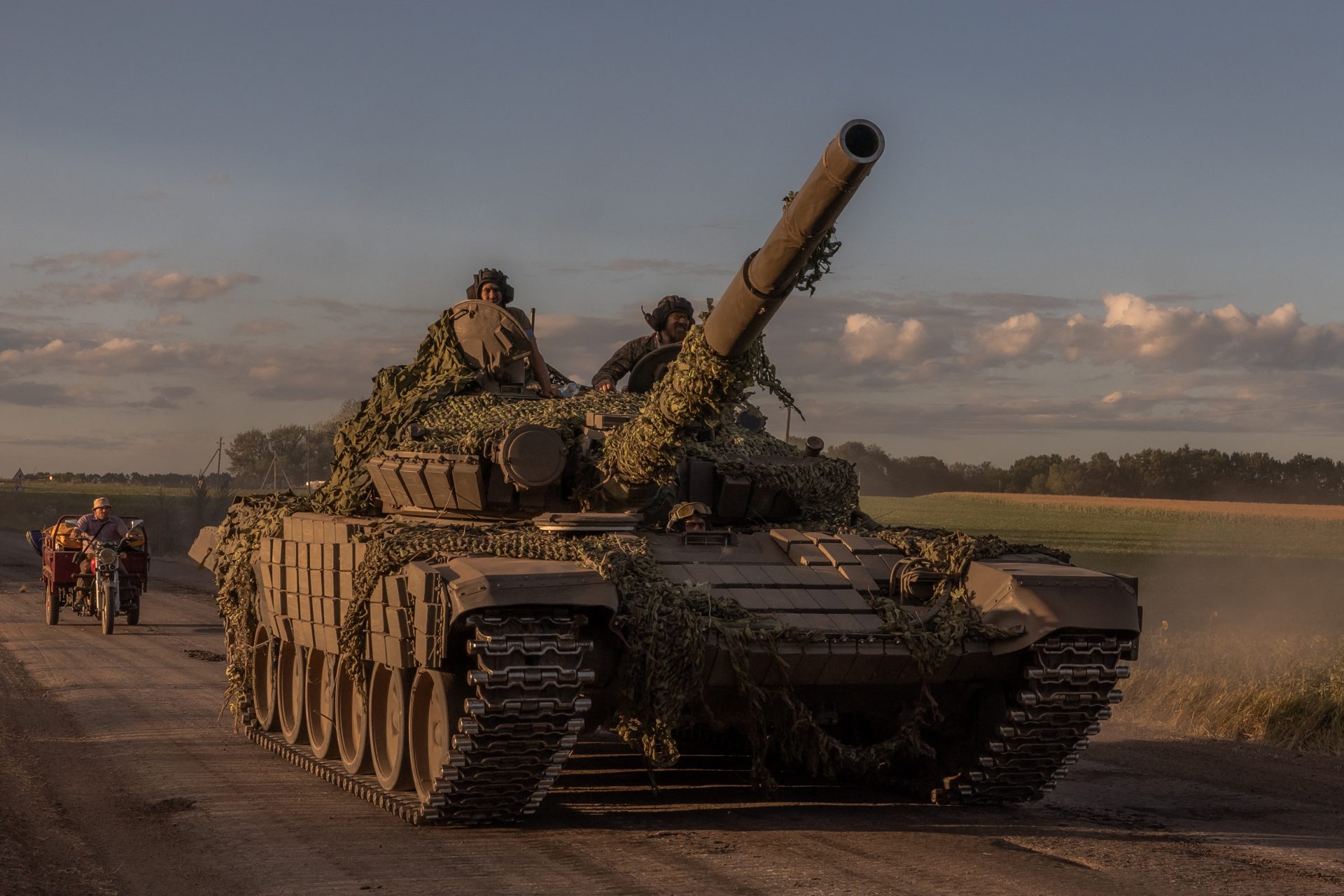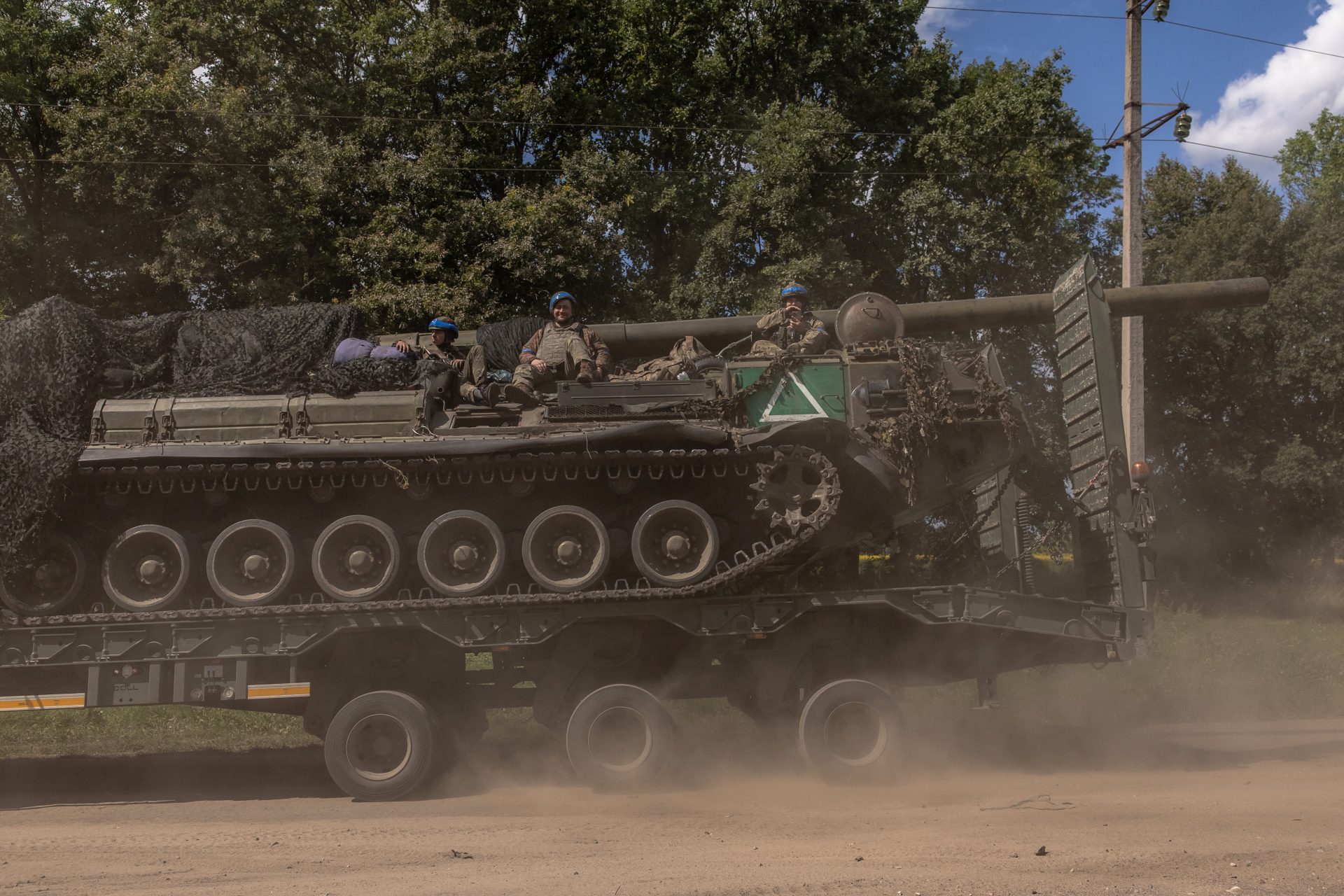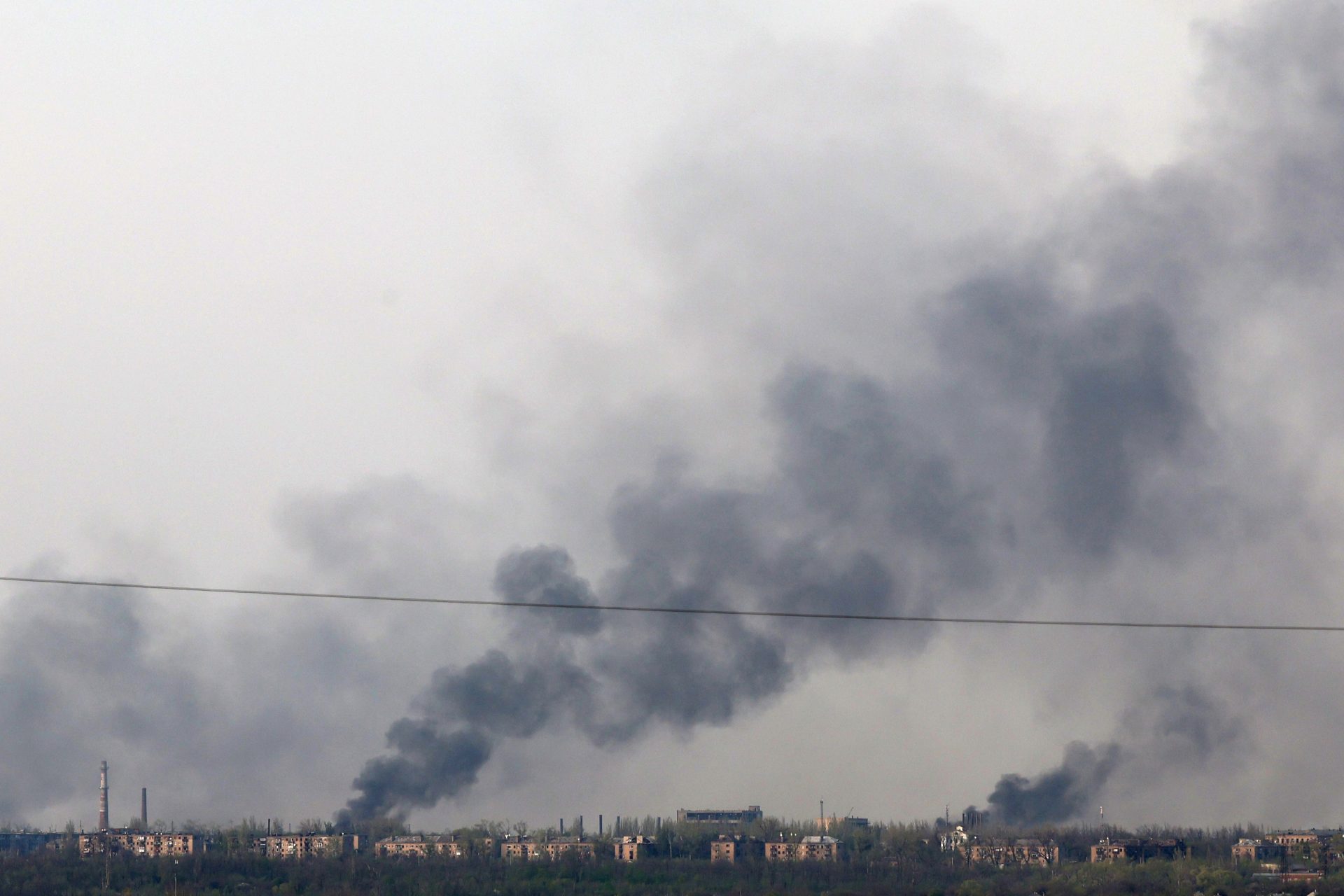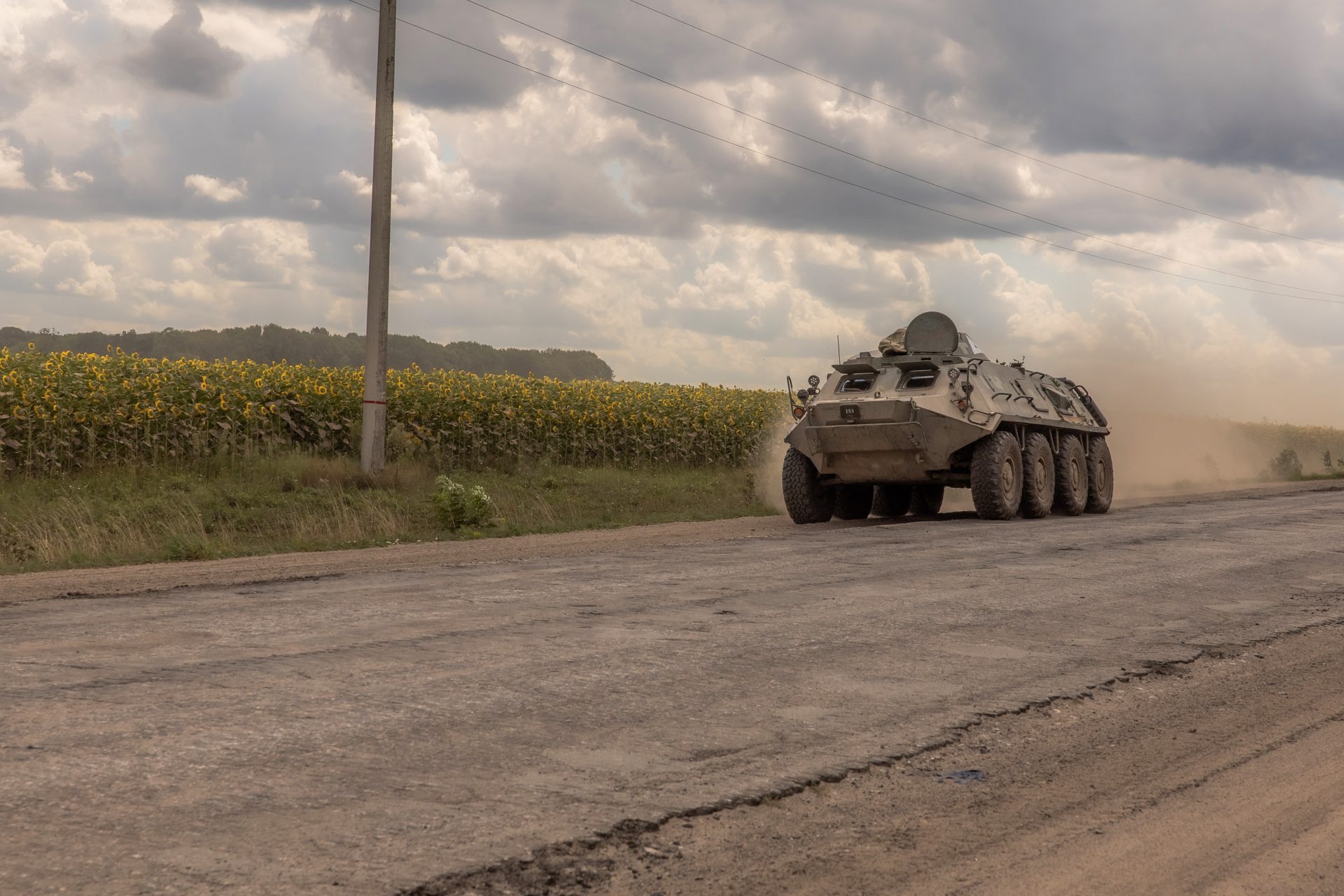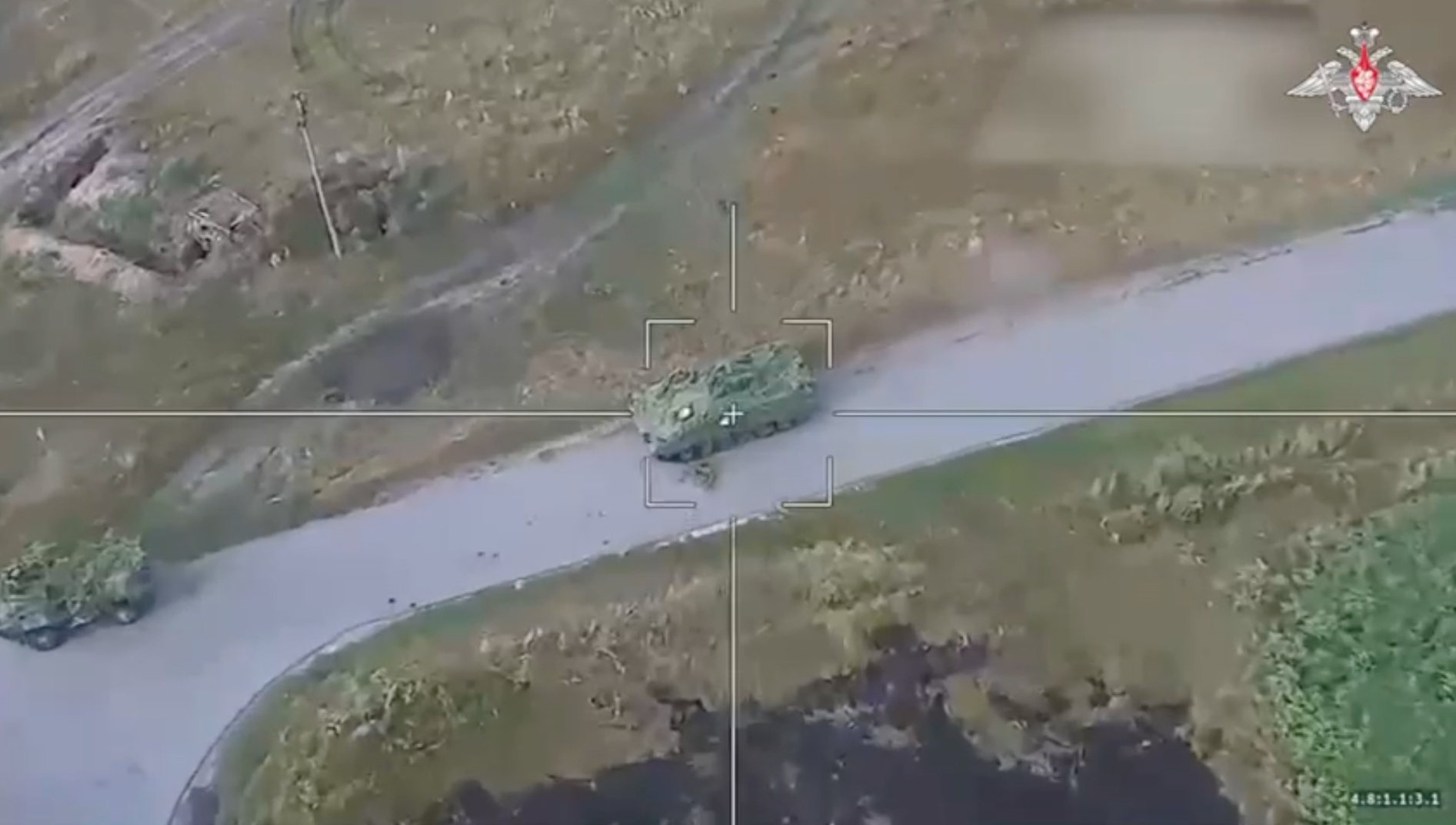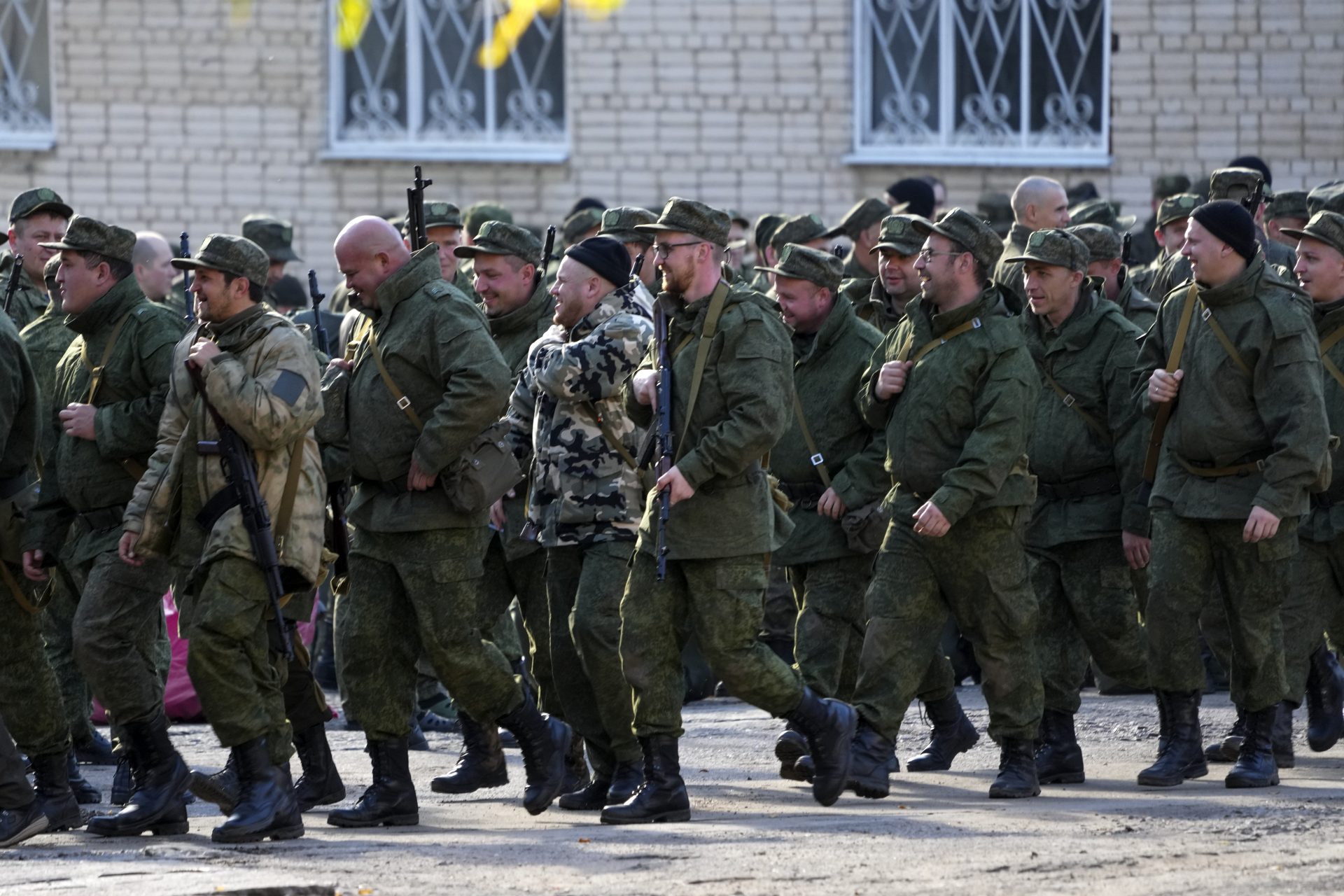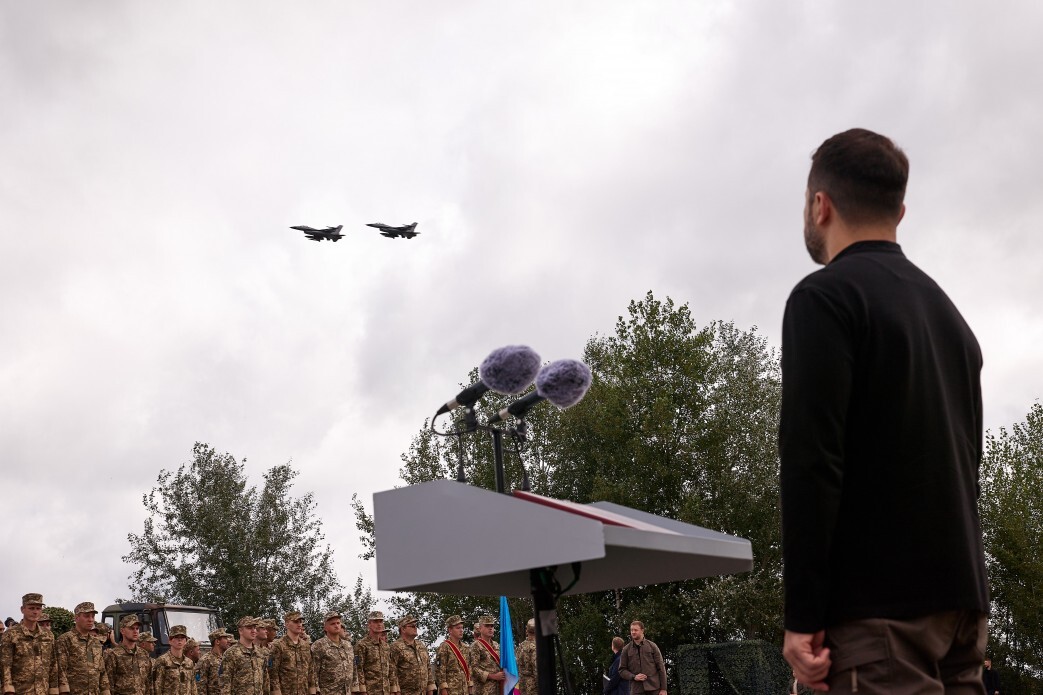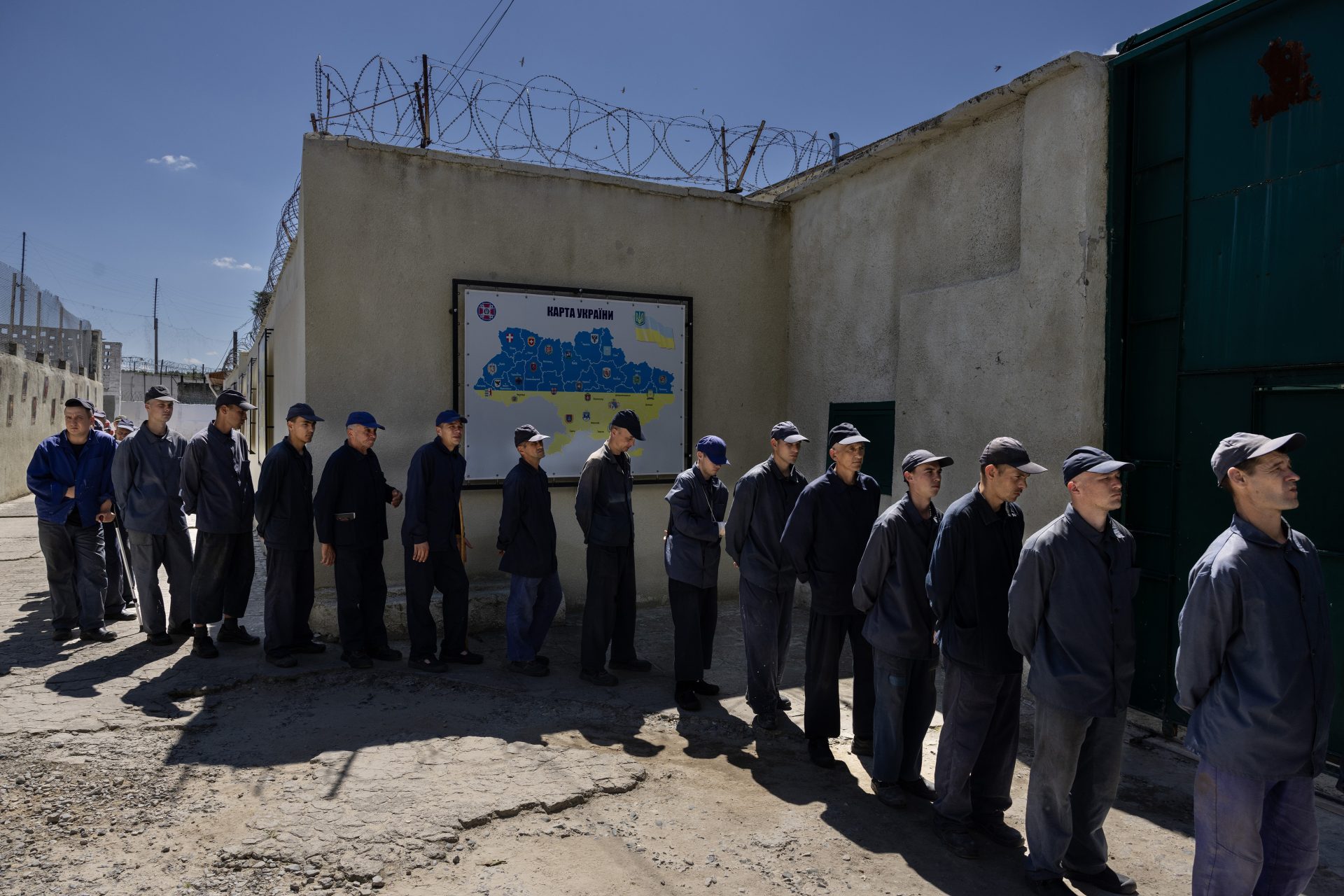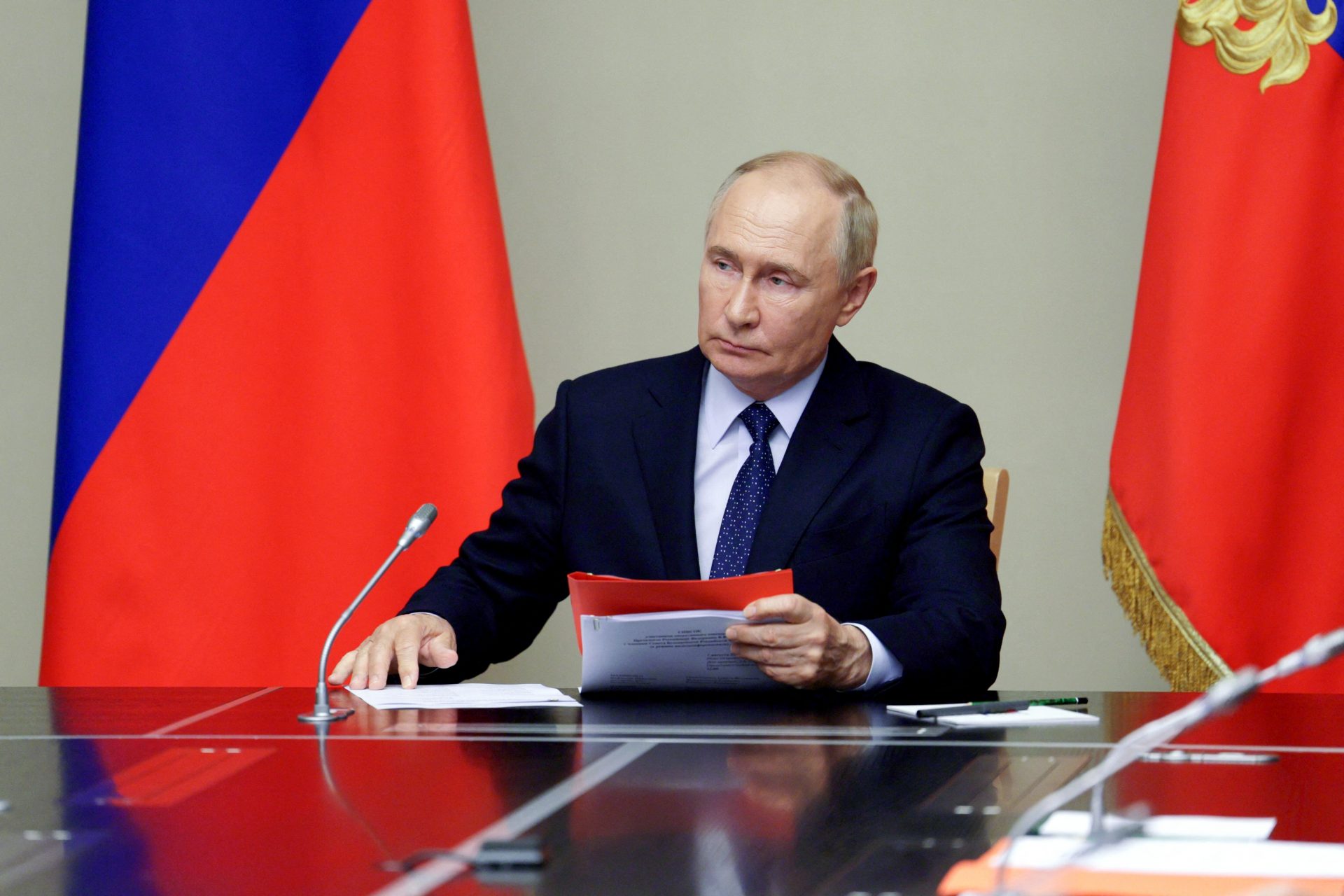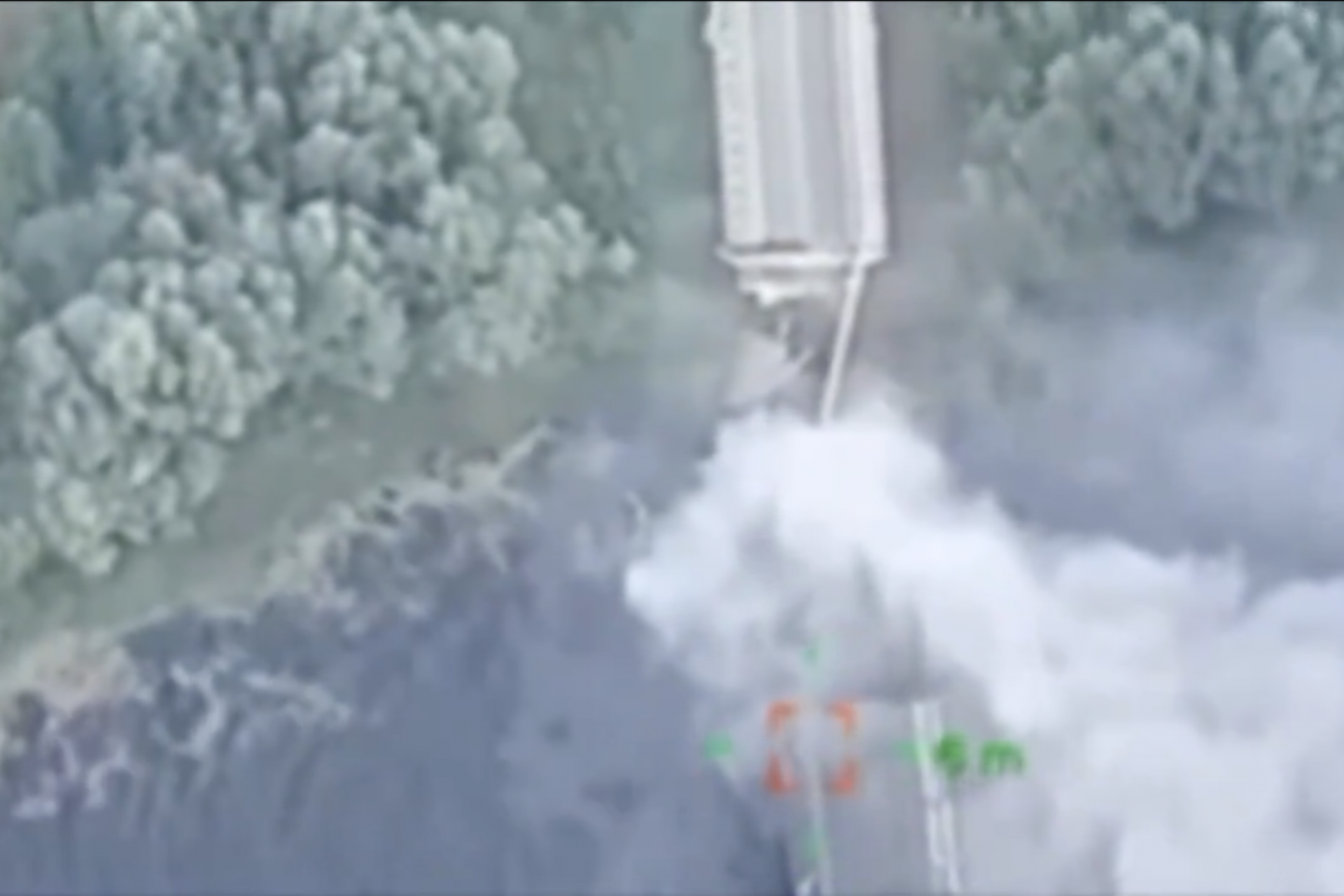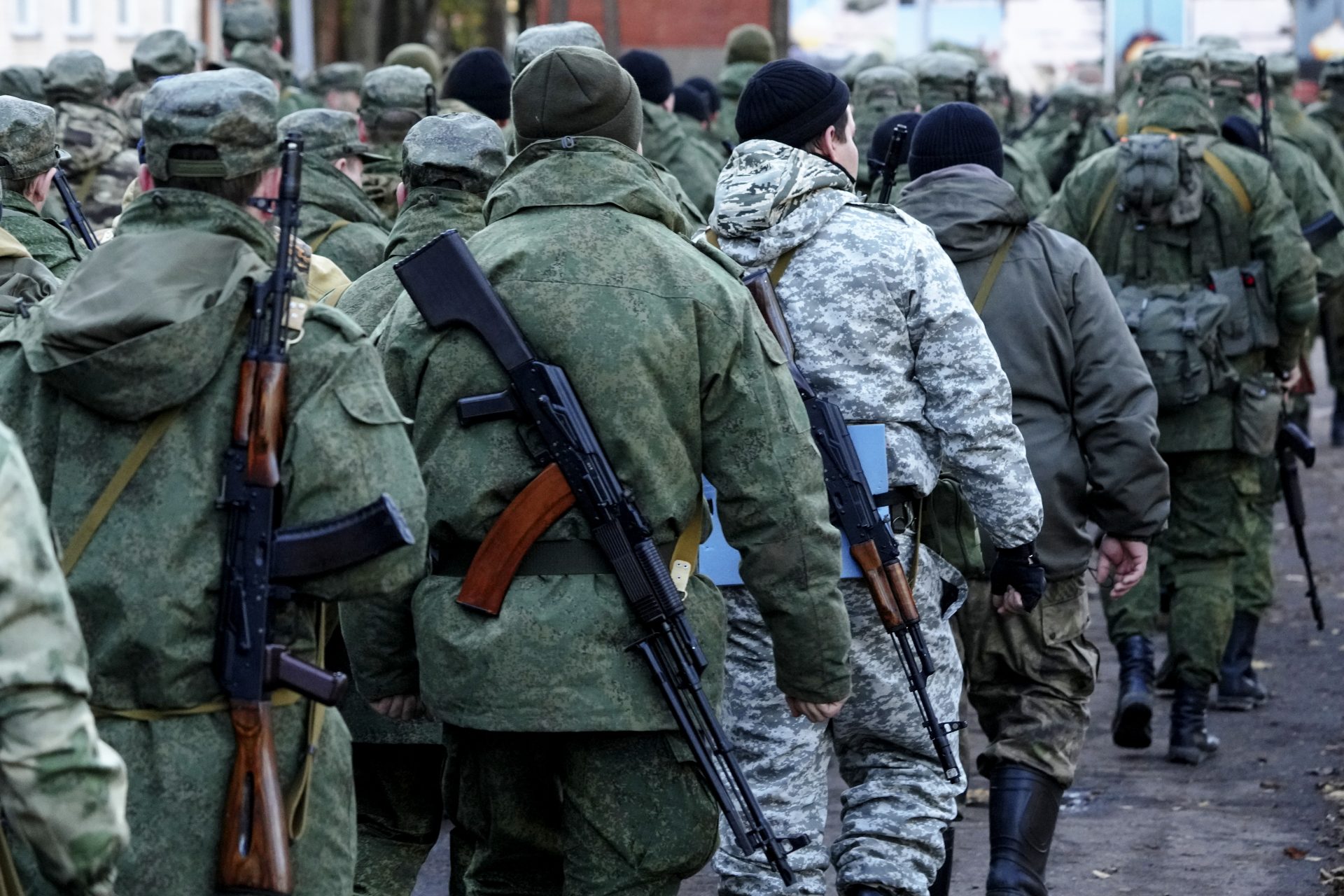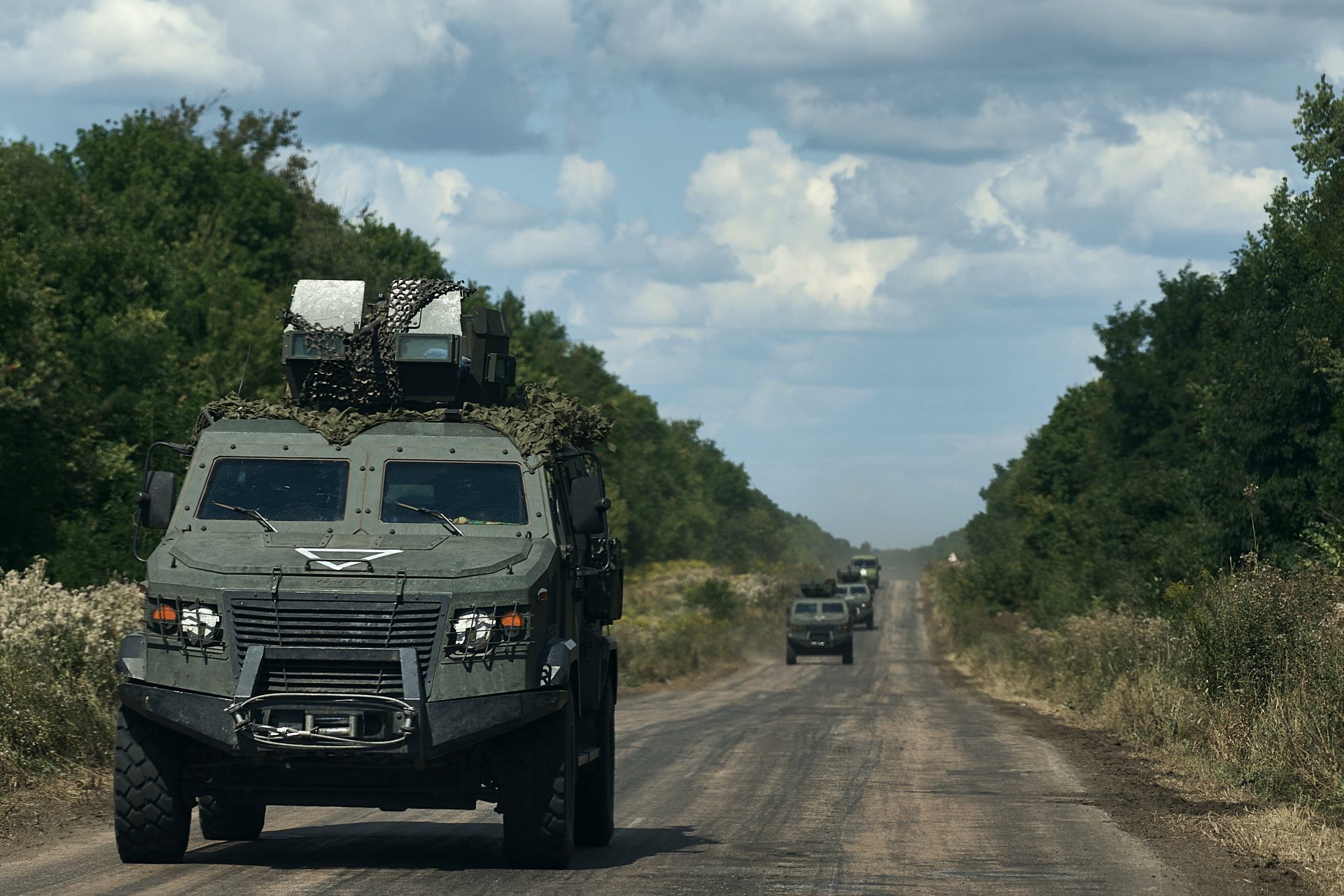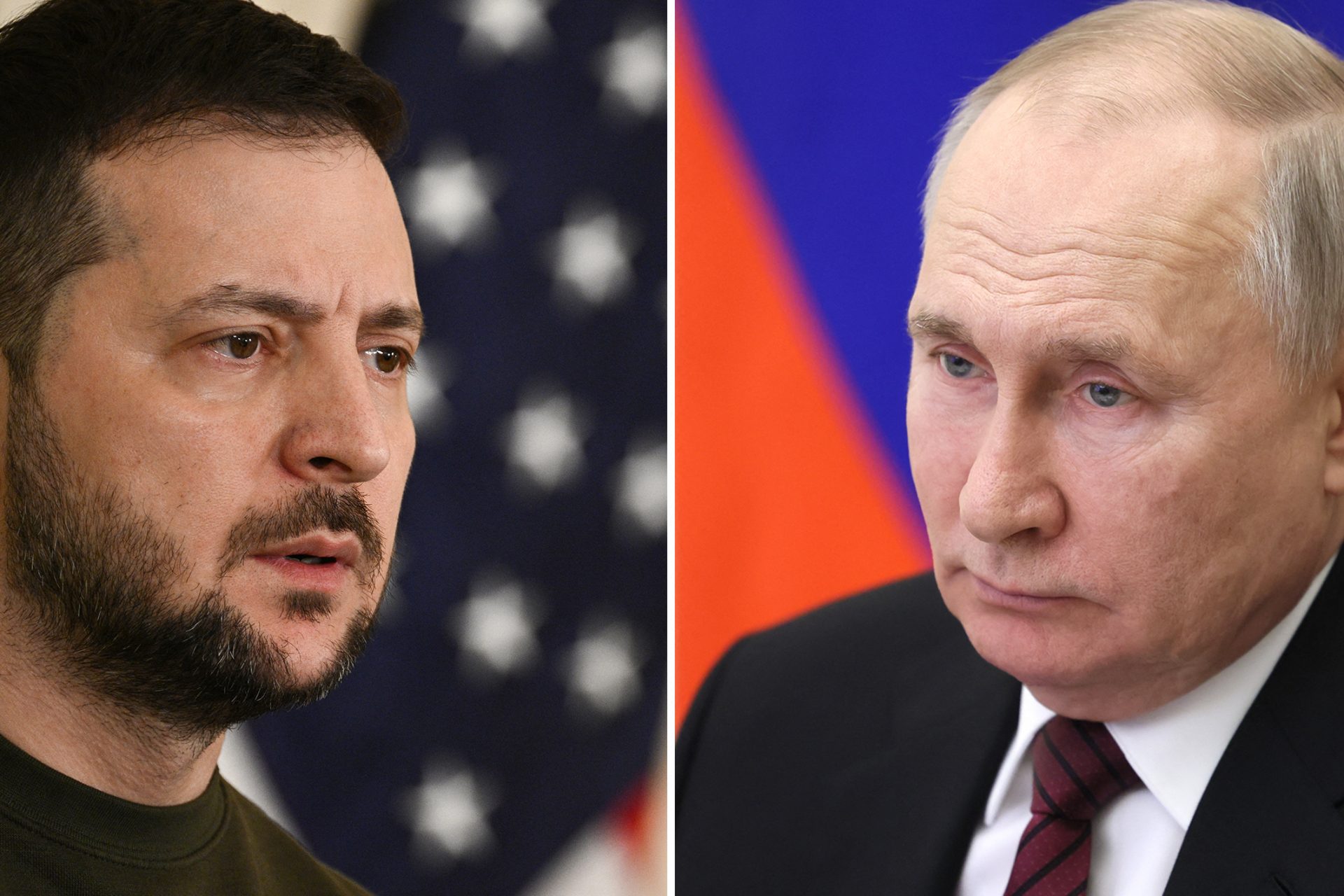Why did Ukraine invade Russia? Zelensky explained his reasoning
In August 2024, Ukrainian forces invaded the Kursk region of Russia in what some war analysts predicted was another cross-border raid against Moscow. However, this time, the attack was different.
Within days it quickly became clear that the Ukrainian Armed Forces had intended to stay in the land that they were conquering, which begged the question: why did Ukraine decide to invade Russia?
Ukrainian officials were initially cagey about their reasoning for attacking Russia. However, Ukrainian President Volodymyr Zelensky did eventually provide some insight into why Ukraine decided to invade Russia.
During his nightly speech to the Ukrainian people on August 18th, amidst the ongoing assault on Kursk Oblast, Zelensky hinted at the reason behind Kyiv's choice to enter Russian territory.
"It is now our primary task in defensive operations overall to destroy as much Russian war potential as possible and conduct maximum counter-offensive actions," Zelensky explained in his address about the operation.
"This includes creating a buffer zone on the aggressor’s territory — our operation in the Kursk Oblast,” Zelensky continued, according to a translation of his comments from The Kyiv Independent.
Zelensky went on to explain that the “coming weeks will be crucial for our diplomatic efforts with various partners in Europe, America, and the Global South,” hinting that Kyiv might be looking for an off-ramp from the nearly three-year conflict.
"We’ve already expanded and will continue to expand the circle of those who support a just end to this war. It's essential that Ukraine enters this fall even stronger than before." Zelensky added.
Whether or not the decision to invade Russian territory was the right choice for Ukraine at that moment in the conflict was unclear but the move shook up months of positive news for Moscow as Russia has slowly etched out victory after victory.
Russia had had the initiative in the war since Ukraine’s 2023 summer counter-offensive failed. In the months since, Moscow captured the fortress city of Avdiivka, made gains in eastern Ukraine, and came to threaten the key towns of Chasiv Yar and Pokrovsk.
Ukraine might have opted to launch an invasion into Kursk as a means to slow Russian progress elsewhere on the battlefield, or as a potential land grab that could be traded for territory in a future peace, but the reasons remain unclear even if the attack has been a success so far.
The operation in Kursk is still ongoing but Olga Tokariuk of the London-based think tank Chatham House noted in an August 19th article that the incursion boosted Ukrainian morale, improved Ukraine's future negotiating position, and brought the war home to Russia.
The Kursk operation does have its risks, however. Tokariuk noted Russia pulled in soldiers from other fronts which has led to worries about Ukraine’s ability to hold the territory it’s captured.
As of November 7th, things were going quite well for Ukraine, which was still holding onto a vast stretch of Russian territory in Kursk and withstood a major Russian counter-attack to recapture what was taken by Ukraine.
According to comments Zelensky made on August 19th, Ukraine was in control of 92 Russian settlements in Kursk at the time and had captured 1250 square kilometers or roughly 482 square kilometers of territory since launching its incursion on August 6th.
"This operation has become our largest investment in the process of releasing Ukrainians from Russian captivity. We have already captured the largest number of Russian prisoners in one operation," Zelenksy wrote on Telegram, The Kyiv Independent reported.
On October 25th, The Washington Post reported that Russia had taken back roughly half of the territory captured by Ukraine in Kursk. However, the fighting is still ongoing and the full picture of the frontline is unclear.
How the situation will unfold has yet to be seen, but if Ukraine can capture the newly-threatened area, it would create a dilemma for Moscow and a large buffer zone between Ukraine and Kursk Oblast.
More for you
Top Stories




